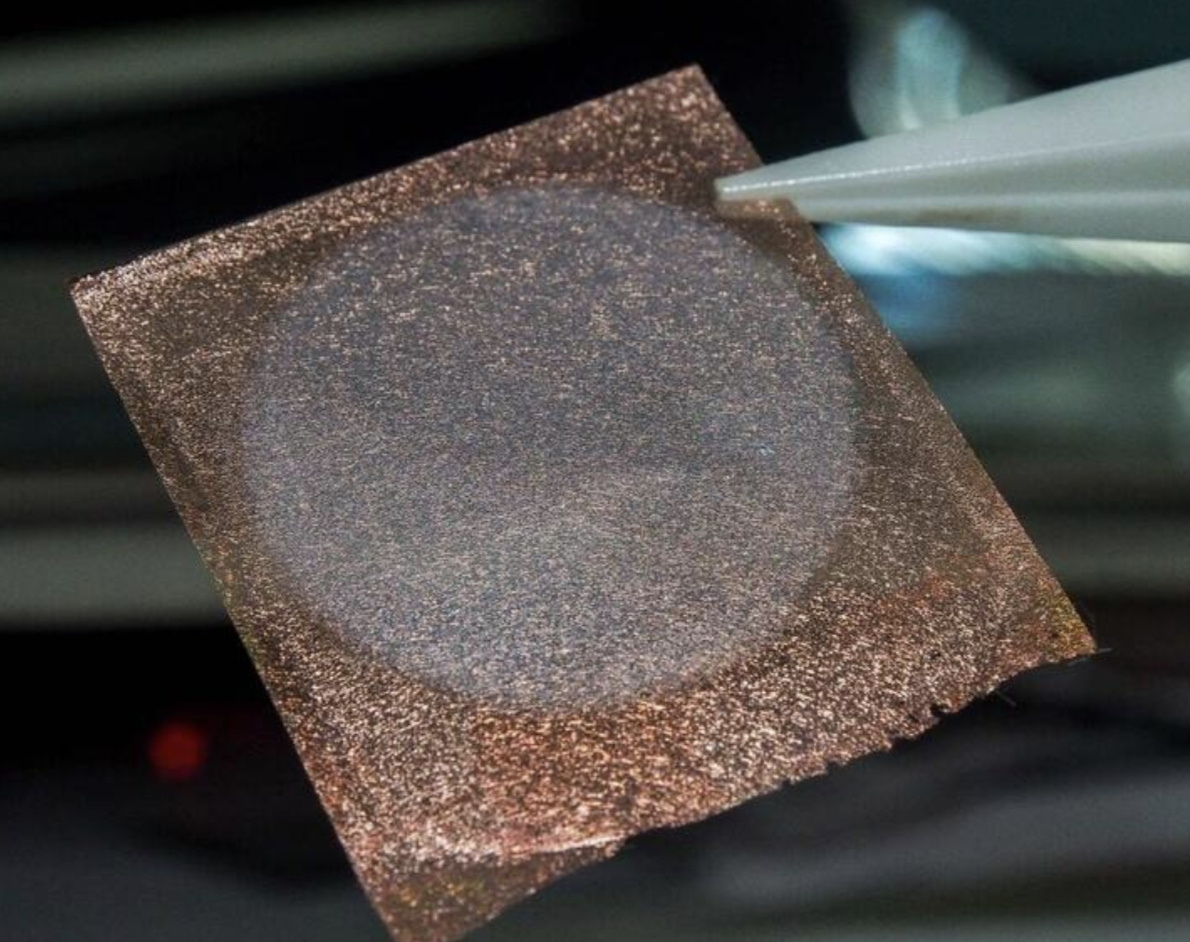Young scientists of the Krasnoyarsk Scientific Center of the Siberian Branch of the Russian Academy of Sciences (KSC SB RAS) have created replaceable filters made of nanofibers for respirator masks, which are able to retain the smallest infectious particles.
This was reported by the press service of the scientific center.
A team of researchers led by a graduate student and junior researcher of the KSC Airaana Kuular has developed filters that fit easily into a standard respirator mask.
They have a stained glass structure and are made of nanofibers connected to a metal microgrid.
Experimental Stained Glass Screen Filter
© FRC KSC SB RAS
A thin porous layer retains the smallest particles 100 nm in size and even smaller, while not interfering with breathing.
A weak electrical impulse is applied to the micro-mesh included in the filter through a heating element, which cleans the membrane surface.
According to the developers, this ultra-fine filter equipped with a self-cleaning system keeps viruses out and provides 99% respiratory protection.
“Most competitor aerosol filters are capable of capturing 2.5 micron particles.
However, these filters do not impede the passage of particles with smaller diameters, such as viruses or soot.
That is why the idea arose of creating our design capable of trapping particles less than 100 nm in size.
Such a mask will be an excellent means of protection for doctors and patients, not only during the period of influenza and acute viral infections, but also for miners who constantly need respiratory protection, ”said curator of the project Airaana Kuular.
As RT was told at the Krasnoyarsk Scientific Center, such a filter will be effective against coronavirus, although there has been no separate study on this topic.
According to scientists, viruses most often attach to water particles of 5-15 microns, which a person releases when talking, sneezing and coughing, and the pore size in the new filter is orders of magnitude smaller.
At present, the first batch of innovative filters has already been created at the KSC, and a patent has been obtained for the industrial design of the invention.
The development was supported by a grant from the Innovation Promotion Foundation.

